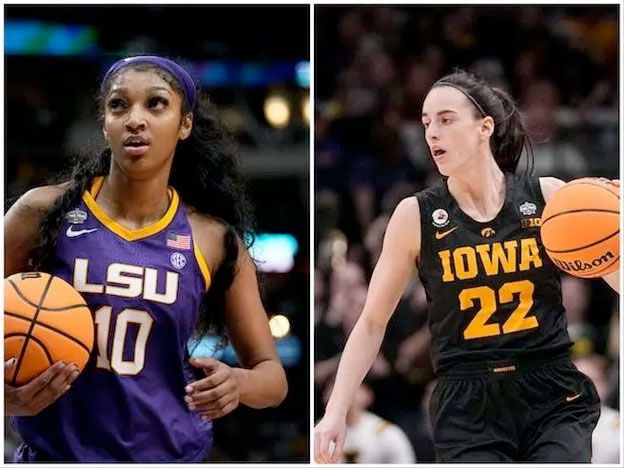
Examples of racial double standards in sports abound. Athletes of different races are frequently treated differently based on their race, and the recent NCAA women’s basketball national championship laid this bare. Near the end of a game, LSU’s Angel Reese moved her open hand in front of her face as she approached Iowa’s Caitlin Clark. This move was popularized by WWE star John Cena to mean “You can’t see me.” In this case, it sparked tremendous debate on social media with Reese being called a “[expletive] idiot” and a “classless piece of [expletive],” among other things. The irony is that when Clark made a similar gesture to another player earlier in the tournament, such character assassination did not occur. In fact, there seemed to be no commentary whatsoever, let alone public outrage.
The controversy highlights numerous examples of sports-related double standards that are rooted in unconscious bias. For example, Black athletes are often viewed as naturally talented and athletic, such that their successes tend to be attributed to physical abilities as opposed to hard work and drive. Additionally, there have been countless cases where Black athletes have been penalized more harshly than white athletes for similar offenses due to apparent racial bias in officiating and disciplining. There have also been instances where Black athletes have been criticized for being too outspoken or political whereas white counterparts who express similar views are lauded for their courage.
The benefit of this current debate is that it allows us to identify and address our underlying unconscious bias in order to create a more fair and equitable playing field for all athletes, regardless of their race or ethnicity. Moreover, we can extend this to an examination of other ways that unconscious bias directs our outlooks and behaviors. For example, I would argue that what we also saw at play during this championship was a gender bias in that intense emotions and trash-talking are considered an everyday aspect of men’s sports. In short, we’ve been provided with a valuable opportunity to question and overcome deep-seated driving forces that are often unexamined yet very detrimental.
Because the implicit associations we hold often develop outside of conscious awareness, our thoughts and actions do not necessarily align with the beliefs and intentions we strive to uphold. This means that even individuals who profess egalitarianism and try to treat all individuals fairly can still unknowingly act in ways that are powerfully yet unknowingly directed by their unconscious bias. Thus, even well-intentioned individuals can act in ways that influence and impact people differently and produce inequitable outcomes.
These are the very reasons we developed our Defeating Unconscious Bias. In this eLearning course, we use, among other techniques, what Dr. Sondra Thiederman calls the “first thoughts activity.” We show participants a series of photos and ask them to register their first impressions. This is a practice worth cultivating because it can help you track underlying assumptions and keep your biases from surreptitiously influencing what you say and do. In order to overcome our bias, we must become aware of its presence, reflect on its origin and nature and commit ourselves to implementing strategies and behavioral changes that counteract bias. Diversity, equity and inclusion training can be extremely beneficial in this regard.

